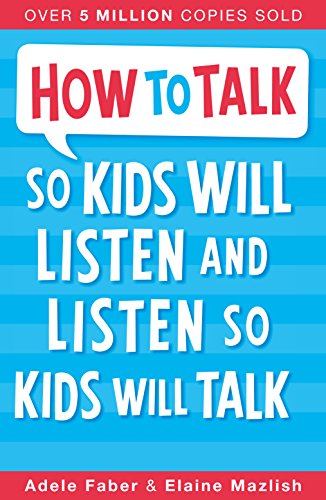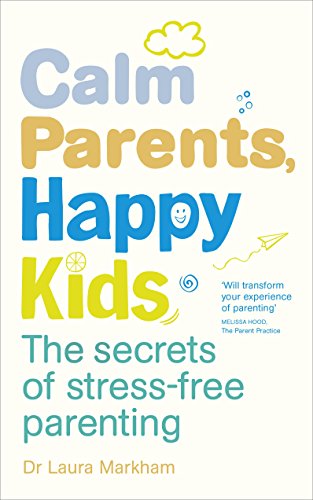How realistic expectations could save your motherhood
Here are a few questions for you.
At any point in your adult life have you ever:
Decided to do just what you wanted to do, when you wanted to do it?
Told a lie to get yourself out of trouble?
Felt really angry or upset and needed someone to help you get through it?
I think it’s safe to say that you answered ‘yes’ to all three questions.
Here’s another question.
Is this starting to make you think of a little person (or persons!) that you know?!
Of course it is.
*This post may contain affiliate links for products of interest. Clicking them takes you through to a website and if you buy we receive a small commission. This helps us to keep on writing! Thank you.*
The truth is this: as parents it is so easy to get caught up in our thoughts about what we expect our children to do - what we think they ought to do.
Thoughts that are, in reality, just based on what we want them to do.
All too often, we adults see and treat children like mini adults. Especially when they start to walk and talk (although not exclusively; some studies have shown that parents of even very young babies have expected them to be able to manage their emotions by themselves).
We expect children to behave no matter what situation we put them in.
We expect them to always tell the truth, to always say sorry when they do something wrong and to always be kind and polite to everyone they ever meet.
Anyone else think that, when broken down like this, these expectations are way off?
Related posts:
A SIMPLE INTRODUCTION TO PARENTING MINDFULLY
THE PARENTING MESSAGE YOU DIDN'T MEAN TO SEND
So, what would a realistic expectation look like?
Well, think about where your child is developmentally - what they're able to do now, most of the time. A realistic expectation would be just that, or a little bit more.
If your child has a meltdown every time you tell them it's time to turn off the TV or the iPad, then maybe they're not quite ready to handle stopping something they enjoy by themselves just yet.
If your child repeatedly forgets their bookbag for school despite your million and one reminders, then maybe they don't have that level of organisational skill just yet.
If your child plays around in the bathroom instead of brushing their teeth every time you send them up to do it before bed, then maybe they're not able to manage their personal hygiene in that way just yet.
I’d play on this all day if you’d let me…
Now you might be wondering how your children will ever learn to do anything if you stop making or instructing them to.
Well, you'll just have to trust that they will! And that they'll progress at their own pace and this doesn't need to be hurried along. As with most of the trickier moments in parenting, your child will do far better far more easily if you work with rather than against them.
Give them a warning before the TV or iPad needs to go off. Better yet, tell them how long they can watch for in language they'll understand: "You can watch two more episodes of [insert name of favourite show] and then we'll turn it off".
Help them to organise themselves for school by creating a checklist of things they need and spending a minute running through it with them before you leave for school (or even the night before.)
Give them some structured help when getting ready for bed by suggesting you get their pyjamas ready whilst they brush their teeth.
As for seeing them as mini adults, perhaps, as adults, what we need to do more often is see ourselves as big kids.
Big kids who are able to do more (most of the time), think more rationally (most of the time), and have more control over our emotions (most of the time!)
When you start to see yourself as a bigger version of your child, you’ll be able to put yourself in their shoes when they’re having their more difficult moments. You’ll be able to think about what might be behind the behaviour they’re displaying. And, crucially, you’ll be able to to ask yourself what you would want from someone if you were in that situation – and then do that for your child.
RECOMMENDED READS FOR MORE ON REALISTIC EXPECTATIONS AND MINDFUL PARENTING:
Having realistic expectations isn't about 'settling for less' or doing a disservice to your child.
The thing is, if your expectations aren’t realistic, your child won’t meet them and you’ll be disappointed.
Everybody loses.
But if you keep in mind their age and stage of development when you set your expectations, your child is more likely to meet them and you’ll be happier.
Everybody wins.
“Children do not need us to shape them; they need us to respond to who they are”
- Naomi Aldort





